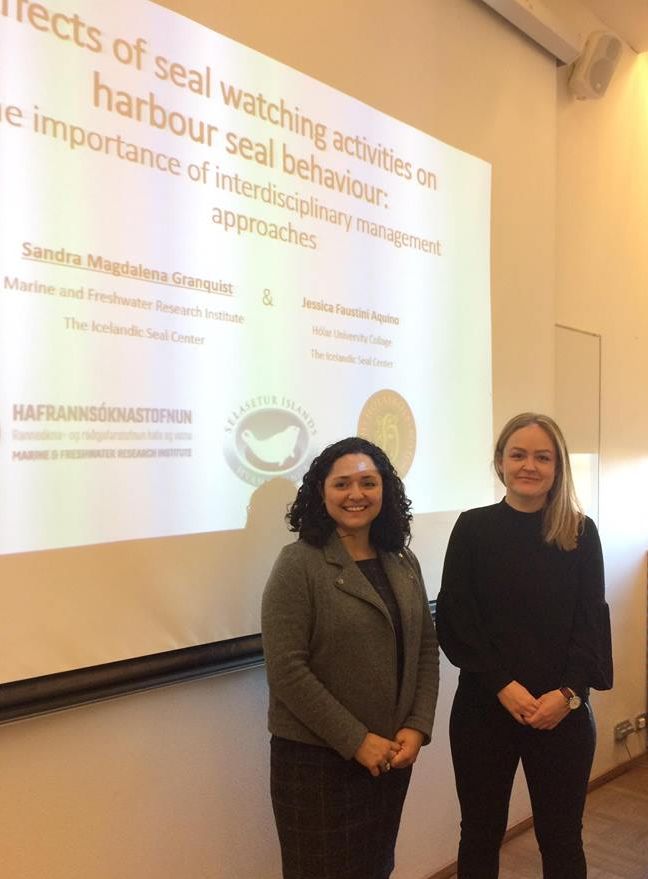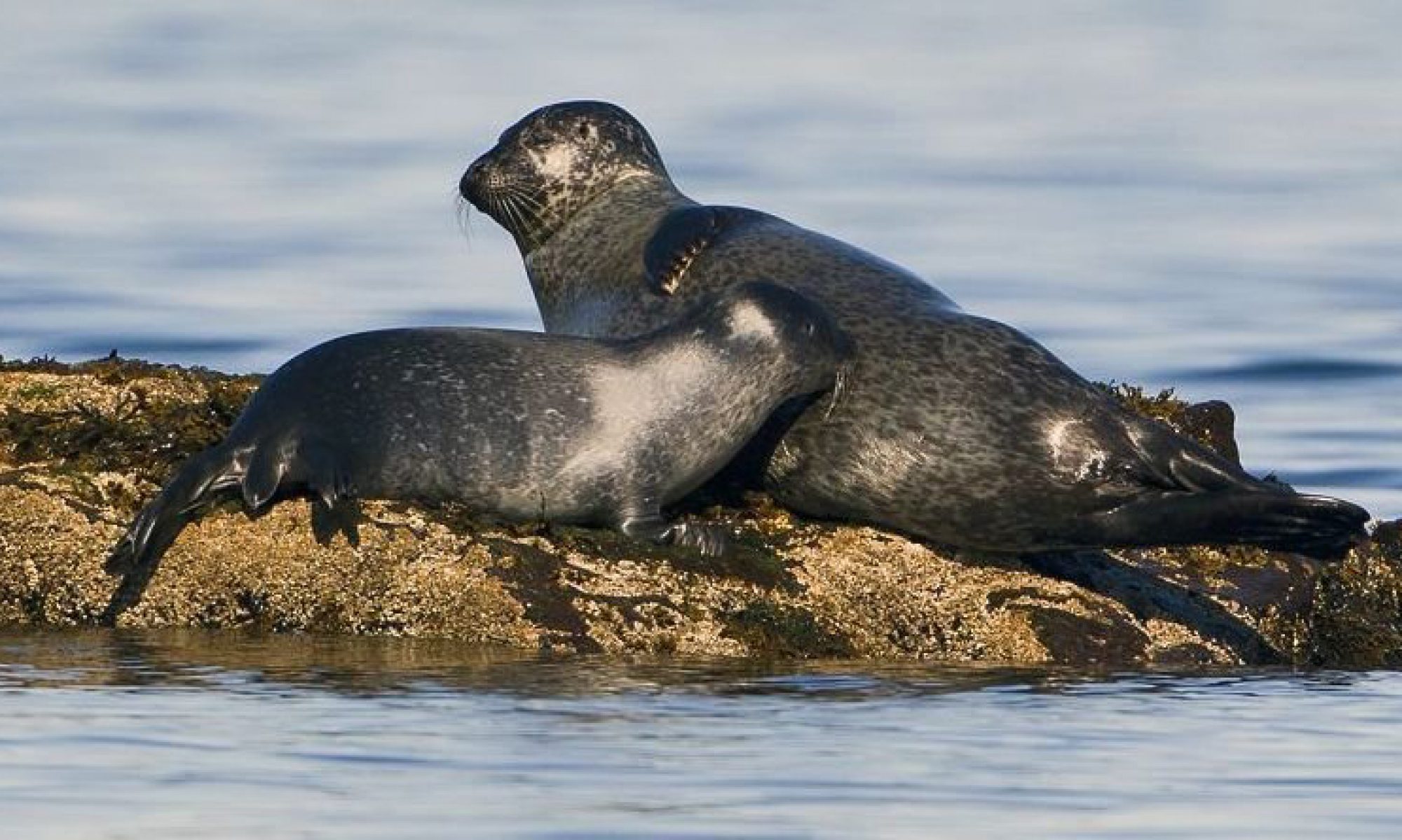
ReSea held a session on Responsible Tourism in Arctic Seascapes at Þjódarspegillinn 2018 on 26 October 2018. The research network called ReSea (Responsible Tourism in Arctic Seascapes) began on June 2016 as a cooperation between the Icelandic Seal Center, Hólar University College, the Icelandic Tourism Research Center (ITRC), the Marine and Freshwater Research Institute, and the Arctic University of Norway. It has since grown to include a total of 20 experts from 11 institutions and organizations from 5 countries with an aim in conducting interdisciplinary research guided by inter-sectoral knowledge. ReSea research is focused on the following guiding research question. “How can tourism be performed responsibly in Arctic seascapes?” The long-term purpose of this network is to connect international experts and stakeholders to address the need for sustainable tourism development and responsible tourism practices in Arctic coastal communities and seascapes. Researchers during this session discussed their work exploring the understanding of sustainable tourism and responsible management practices in Arctic seascapes. Their work highlights the importance of collaborating with a variety of stakeholders and academics from both the social and natural sciences which incorporates interdisciplinary and inter-sectoral research and knowledge.
Þjóðarspegillinn 2018 Session Agenda:
Responsible Tourism in Arctic Seascapes (ReSea)
12:00-12:05—Jessica Faustini Aquino (Chair)
Discussion of the ReSea Network and an Introduction to Today’s Session
12:05-12:30—Auður H. Ingólfsdóttir (Chair)
Whale watching and sustainable development
Auður is a researcher at the Icelandic Tourism Research Centre (ITRC). Her research interests are in the field of sustainable tourism and include topics such as climate change and tourism, nature-based tourism, and CSR within the tourist sector.
12:30-12:55—Þórný Barðadóttir
Cruise ship visits to coastal communities
Þórný is a researcher at the Icelandic Tourism Research Centre (ITRC). Her research interests are in regional tourism development where recent research projects have taken focus in on-land service of cruise ships and the regional tourism linked to passenger visits.
12:55-13:20—Jessica Faustini Aquino, Georgette Leah Burns & Sandra Magdalena Granquist
Developing a framework for responsible wildlife tourism
Jessica holds a joint position as the Head of Tourism Research at the Icelandic Seal Center and Assistant Professor at Hólar University College in the Department of Rural Tourism. Her research interests are in tourism experience from the perspective of residents and tourists; volunteer tourism; sustainable tourism and responsible tourism practices; and the potential contribution that tourism has on community development and responsible management of natural areas.
13:20-13:45—Sandra M. Granquist and Jessica Faustini Aquino
Effects of seal watching activities on harbour seal behaviour: The importance of interdisciplinary management approaches
Sandra holds a joint position as the Head of Seal Research at the Icelandic Seal Center and Specialist at The Marine and Freshwater Research Institute in the Pelagic division. Sandra’s research interests range from animal population biology to responsible wildlife tourism, including: Monitoring of Icelandic seal populations and management advice; Studies on animal behaviour; Anthropogenic interactions with marine mammals, such as effects of tourism on marine mammal ecology; Transferring of scientific knowledge to society.

